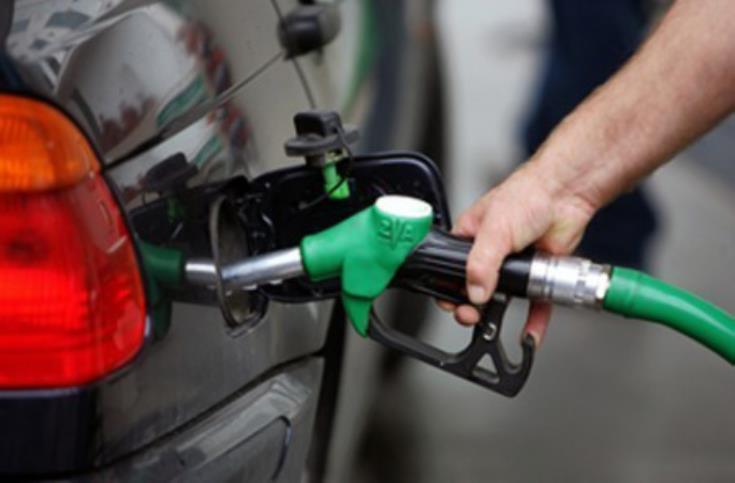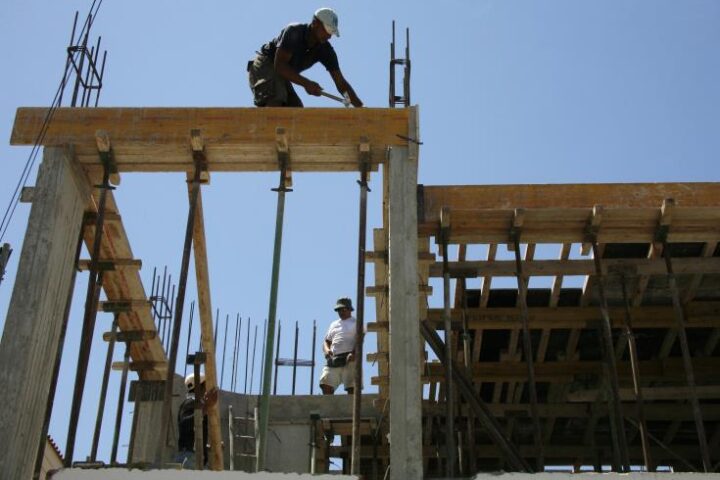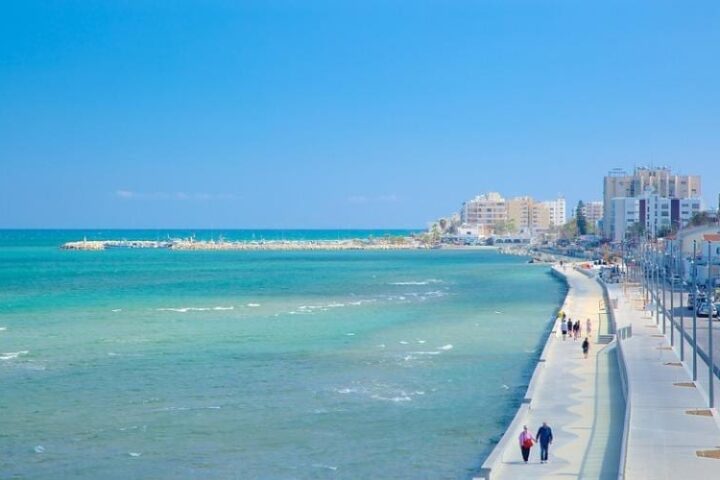Annual fuel sales recorded an overall 7% decrease in February, with oil companies reporting sales of 107,779 tonnes of fuel, according to the Statistical Services.
There was a decrease in oil supplies to ships (-63.5%) and in the sales of heavy and light fuel oil (-24.5% and -9.5% respectively) and diesel (-0.4%).
Conversely, an increase was recorded in the supply of fuel to aeroplanes (43.5%) and sales of asphalt (9.6%), heating oil (6.3%), kerosene (5.8%), gasoline (3.1 %) and LPG (2.5%).
Regarding fuel sales at petrol stations, they recorded a marginal decrease of 0.3% to 53,669 tonnes.
Total sales of petroleum products during February compared to January decreased by 2.7%.
Fuel supplies to aeroplanes (-6.1%) and ships (-5.9%) and gasoline sales (-3.7%) decreased, while a marginal increase was noted in diesel sales (0.2%) ).
Total fuel inventories increased by 1% compared to the end of the previous month.
During January – February 2023, total sales of petroleum products fell by 4.3% compared to the same period last year.
The slight drop in pump sales is attributed to the hiking cost of living, with the public cutting down on secondary expenses.
Annual inflation in February rose by 6.7% as fuel prices continued their downward trend after hitting an all-time peak last summer.
Inflation rates have been dropping since Cyprus saw record inflation in July when it peaked at 10.9%, powered by fuel price hikes, with petrol and diesel reaching all-time highs.
Petrol prices neared €2 per litre, while diesel surpassed it.
The average price of 95 Octane on Monday was sold at an average of €1.404 per litre, while diesel was €1.517.
Prices in February last year were at the same levels.
Earlier this month, petrol station owners warned of strike action if President Nikos Christodoulides did not respond to their calls to discuss what they call the “unacceptable and illegal” purchase of cheaper petrol from the Turkish-occupied north.
Petrol station owners claimed the Nicosia and Famagusta districts witnessed a 30% – 35% decrease in revenue last year as pump prices rose and people headed north to fill up.










